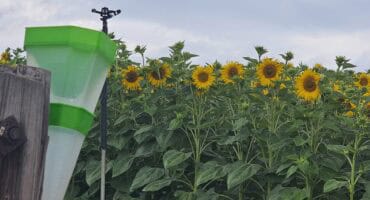

Plastic waste and its effect on the natural environment has dominated global headlines in recent months, with many countries opting to do away with single-use plastics, Zululand Observer reports.
Even the South African government is keeping up with global trends and is looking into reviewing its policy on single use plastics.
But what are single use plastics and how are they, specifically, detrimental to the natural world?
Straws, coffee stirrers, juice and water bottles, and most food packaging are considered single-use plastics as they are usually used only once and then discarded.
According to researchers, only 10-13% of the hundreds of millions of tonnes of plastic produced globally, is recycled.
The nature of petroleum-based plastic makes it very difficult to recycle and, as it is not biodegradable, it ends up in landfill sites where it is buried.
Often, plastic items find themselves in the water system, eventually making their way into the ocean.
Plastic does not decompose, but it does break down over time into tiny particles.
During the degradation process, plastic releases toxic chemicals which make their way into our food and water supply.
These chemicals are now being found in our bloodstream and, according to the latest research, they can cause, among others, cancer, infertility, birth defects and impaired immunity.
What you can do
Stop buying plastic water bottles, but instead, buy a glass or stainless-steel reusable bottle.
Steel and glass are both infinitely recyclable.
Rather than opting for the paid-for plastic shopping bags, keep reusable bags in the car, ready to be used on every shopping trip.
At a cost of 50c per bag, how many extra rands – which could be put to better use – are being spent on plastic shopping bags? Do the maths!
When buying loose fruit and veg, don’t use a bag, and when buying an intact bunch of bananas, for example, there is no need for a bag either.
Buy a metal straw and keep it in your handbag or car to use instead of a plastic one.
Plastic not only causes harm to humans, but everyday marine and terrestrial wildlife die from either ingesting plastic or as a result of plastic becoming entangled around their bodies, legs or beaks.
The challenge is up to us to pay more attention to our suffering natural environment and do what we can to limit our use of plastic.






